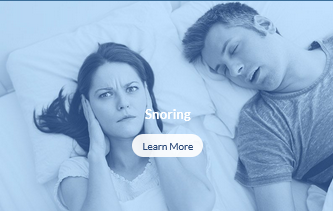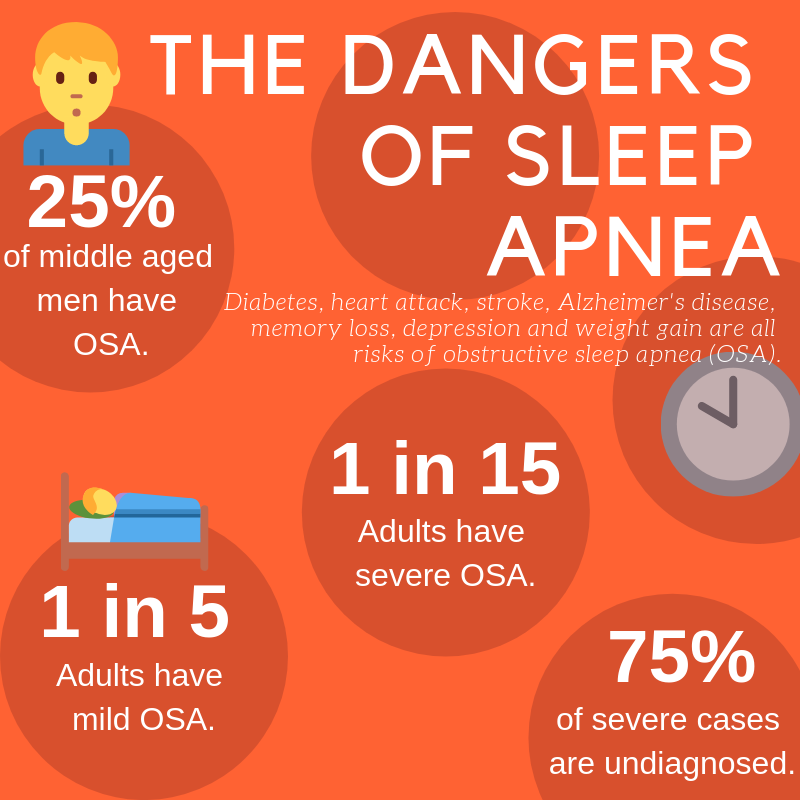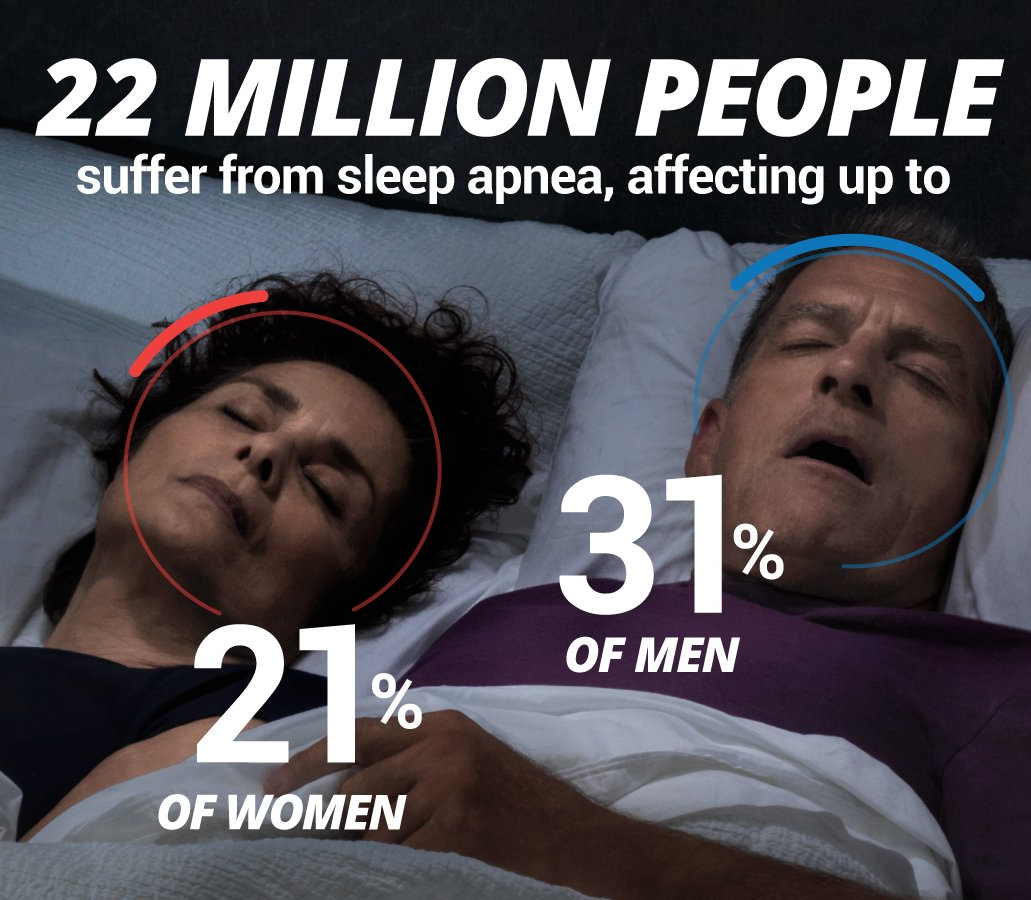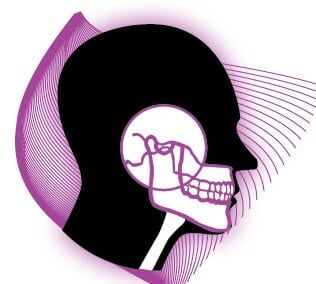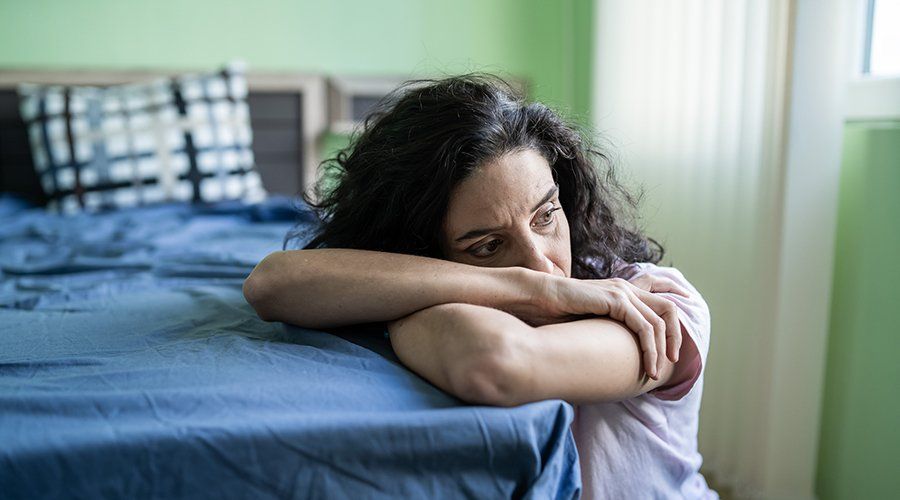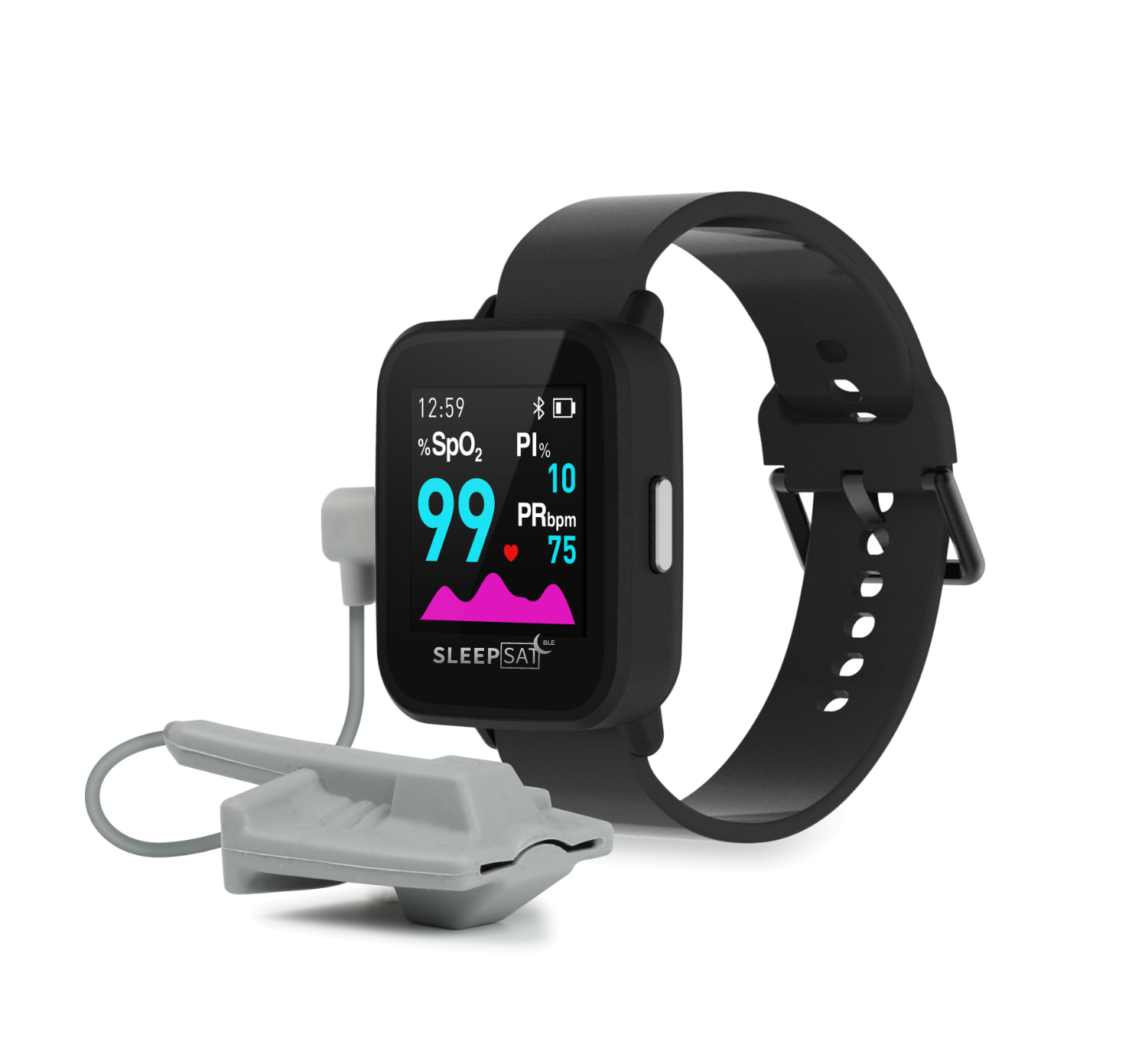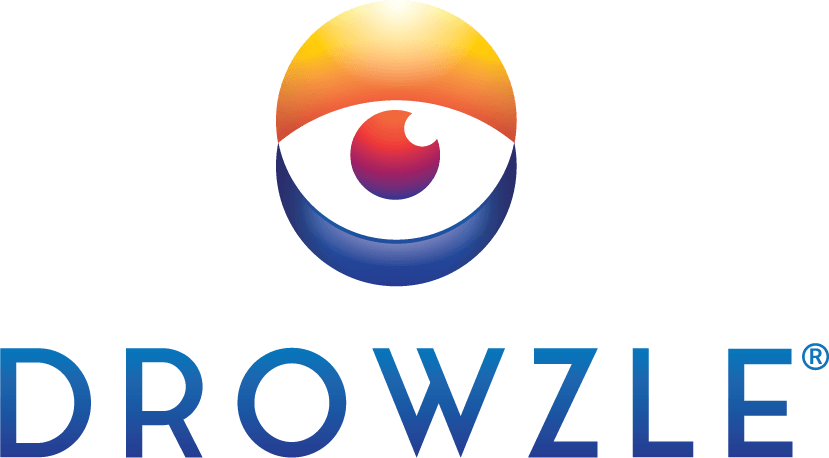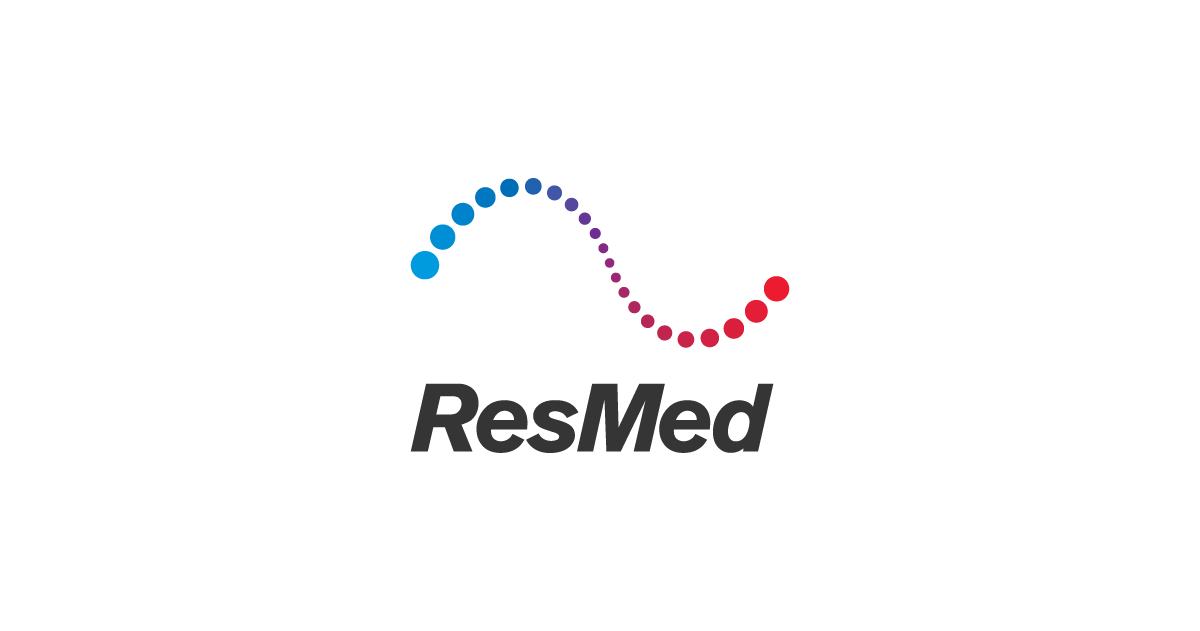The Role of Telemedicine in the Treatment of Insomnia and Other Sleep Disorders
Telemedicine makes medical expertise accessible to everyone, regardless of where they reside.
Dr. Bouzis and RestfulSleep provide Telemedicine Visits as an Origination Site (meaning in our Casper office) for visits with a Board Certified Physician ...................
How convenient would it be if getting medical consultancy did not have to mean getting an appointment, leaving your house and physically going to meet a medical professional? What if you could get medical advice while lying in your bed – or speak to an NYC doctor while you’re enjoying warm sunshine at the Miami beach? This dream is slowly and surely turning into a reality; the phenomenon is known as telemedicine.
Telemedicine makes medical expertise accessible to everyone, regardless of where they reside in the country – or even in the world. It is useful, secure, affordable, and practical, since it makes use of telecommunication technology to digitally bridge patients and providers, eliminating the need for face-to-face interaction. While telecommunication has been effective in treating common physical illnesses, there has been debate over whether it can treat more complex conditions like sleep disorders, which do not have consistent symptoms or standard medication.
The U.S. has a relatively high rate of sleep disorders, particularly insomnia. It is estimated that around 25% of Americans have insomnia each year, and almost 25% of these are complex cases that remain unresolved. Health professionals are now discussing how to cater to these problems through telemedicine. The topic was also addressed during the 2019 SLEEP Conference , where professionals discussed virtual care strategies as alternatives to in-person care for sleep-related medical conditions. They mainly reviewed studies that support the idea that connected health can help those suffering from sleep disorders by treating them within their homes with the help of online portals and apps.
Telemedicine Facets That Can Help Insomniac Patients
1. Video Consultations
These are the same as meeting a doctor in person and having a conversation with them, except that the meeting is done over a screen. People suffering from sleep disorders like sleep apnea and insomnia can describe their symptoms to their doctors, and get advice and medication prescription over the online session.
2. Remote Patient Monitoring
Remote Patient Monitoring (RPM) is considered effective in chronic patient management to help improve the quality of life and can be highly effective with sleep disorders. RPM has a number of features, including:
- Sensors on a device that measures physiological parameters
- Data repository that stores patient data obtained from the sensors
- Diagnostic applications and analysis software
- Treatment recommendations and intervention alerts from software and healthcare providers
Different combinations of these may be employed depending on the provider, the patient, and the medical condition.
3. Remote Care Management
Remote Care Management (RCM) programs are a significant part of value-based care. They entail managing sleep disorders through remote monitoring, care provision, and patient education. RCM programs can potentially increase the providers’ insight into the lives of patients, helping prevent chronic conditions from deteriorating.
4. Integration of Data from Patient Wearables
Patient wearables are devices worn on the body to monitor physical changes and obtain and integrate data to help physicians remotely monitor patients and suggest and sustain treatment plans. For sleep disorder patients, data from wearables is particularly useful, since a chosen device can measure bodily changes during the night, duration of sleep, duration of REM/deep sleep, and other factors that come into play in sleep problems.
Virtual Treatment for Sleep Disorders
Physicians are now discussing treatments for sleep disorders, particularly for insomnia, that can be deployed through virtual care. Among the most important and potentially effective solutions is Cognitive Behavioral Therapy for Insomnia (CBT-I).
CBT for Insomnia
At the 2019 SLEEP Conference, the effectiveness of CBT for insomnia was discussed, specifically with regards to telemedicine. A study conducted to gauge the efficacy included 38 adults who have insomnia. Participants were randomly assigned six sessions of treatment, either face-to-face or through virtual care. They were required to maintain a sleep consensus diary throughout the treatment period, recording a number of measures of daytime operation, including fatigue, depression, anxiety, and overall functioning.
- Todd Arnedt, PhD, co-director of the Sleep and Circadian Research Laboratory at Michigan Medicine, said in a press conference, “The most surprising findings in the study were that, contrary to our hypotheses, participants who received CBT for insomnia via telemedicine rated therapist alliance similarly to participants who received face-to-face CBT for insomnia.” He added, “In addition, ratings of satisfaction with treatment were equivalent between face-to-face and telemedicine participants.”
The American Academy of Sleep Medicine (AASM) describes the treatment as “[combining] behavioral strategies, such as setting a consistent sleep schedule and getting out of bed when struggling with sleep, with cognitive strategies, such as replacing fears about sleeplessness with more helpful expectations.”
It can be rightly concluded that telemedicine is indeed effective for insomnia treatment plans. Physicians hope to further this and include more treatments for various sleep disorders, eventually eliminating the need for costly and time-consuming face-to-face care.
